Stop Calling Me a Food Critic (I’m Not)
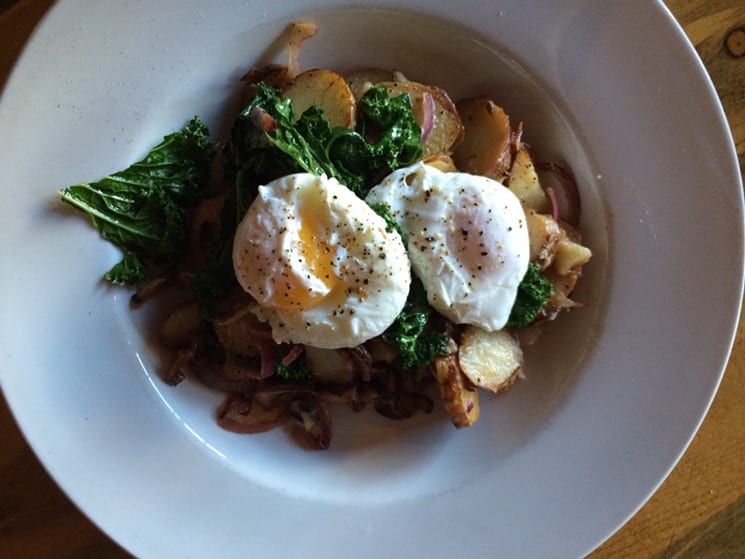
Literally the first thing people ask when they find out I write a food column is if I’m a critic. Or, they skip the asking all together and just assume. Let me clarify once and for all, writing about food and being an official restaurant reviewer are extraordinarily different. If you’re wondering how to become a food critic let me breakdown what that means.
I can’t speak for the entire industry, but by Westword standards (which I believe to be pretty high and would hope other reputable publications would abide by similar rules), there is only one official food critic. That person waxes dining poetic more articulately than I ever could, eloquently stringing together terms and technics from professional culinary training.
Aside from usually having a formal education on the subject matter, there are a few other key differences:
To Have a Truly Unbiased Opinion, Food Critics Should Eat at Each Restaurant at least 3x.
Both good and bad, it gives the restaurant a chance to redeem itself if a meal was terrible. Maybe the kitchen was having an off night or it was extraordinarily busy to the point of affecting service. Conversely, if a restaurant really wowed us, it has to live up to those expectations two more times to prove it wasn’t just a fluke. Our reviewer tries to come at different times each visit to see how that affects the food and service, testing out their cooking chops at the dinner rush vs. a slow mid-week meal. It’s just a more well-rounded picture of the business side of things.
Personally, if a meal was terrible the first time, I wouldn’t be super amped to have to eat there twice more, so in my case, I’m lucky I only have to write about the experience after one visit. For the reader’s sake, though, it is supposed to an average dining experience to get a good sense of wait times without getting any preferential treatment. When I’m writing about brunches, I try to go around midday so it is the standard roll out of bed crowd. It’s also supposed to be a generally unbiased experience. If something is terrible (same with travel) I generally just don’t include it as a recommendation. It costs nothing to say nothing.

Food Critics are Supposed to Be Completely Anonymous.
I am one of about five co-workers that know what that person looks like. To the rest of the world, she’s an enigma. She conducts all her interviews over the phone, pays in cash and can’t show an ID to buy booze. Why do they take anonymity so seriously? Well, when you’re dealing with someone’s livelihood, you really do have the potential to make or break careers. Imagine trashing a restaurant someone poured their heart and soul into, working for years to build after giving them multiple chances to impress. They probably wouldn’t take too kindly to criticism, which makes the pressure to be fair and unbiased all the more difficult.
I can technically tell a restaurant or their PR rep I’m there to write about it, if they want to show off a new menu item for example, but for the most part, I don’t since it is supposed to be the average patron’s experience.
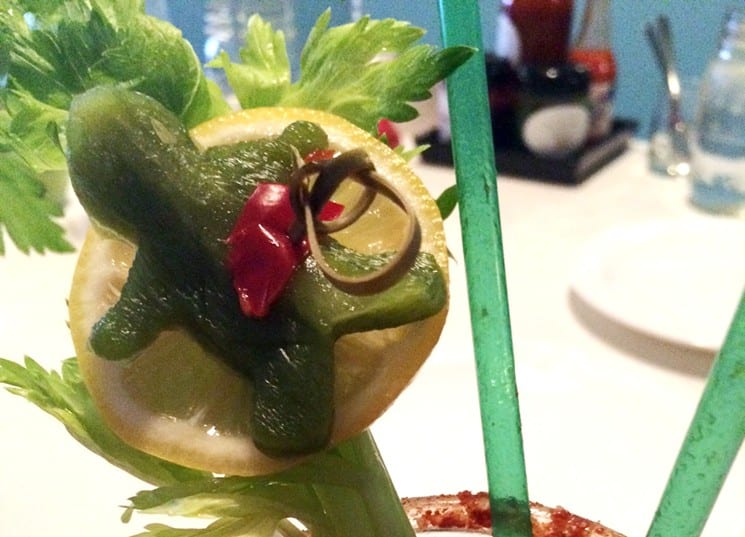
What Do I Do as a Restaurant Writer?
After explaining everything I don’t do in regards to food reviews, you’re probably wondering what actually it is that I do. I write about restaurant experiences.
Deliberately staying somewhat neutral, I intentionally don’t share strong opinions one way or the other. While this may sound counterintuitive, my job isn’t to sway you to go to a place or write it off, it’s merely to report on the experience so you know what to expect and decide for yourself if it’s somewhere you want to try. My job is to pique your interest, which I do through describing the ambiance, drinks, and food in as much detail as I can, at a new spot each week. I employ storytelling techniques so you can picture yourself there with me, sharing an eggs bene or bloody. I write food porn, with words (and sometimes good iPhone photography, depending on the lighting. Hint, hint, mood lighting isn’t always a plus).
Restaurant Critics and Restaurant Writers Have Very Important Differences
I’m a food storyteller. A culinary chronicler. A professional eater with commitment issues and a Wi-Fi password.
I don’t sit in judgment with a notebook and a sneer—I sit at the bar, chat up the bartender, and ask too many questions about the aioli. I care less about Michelin stars and more about whether your grandma’s recipe made it onto the menu. I want to know what this dish means to you, not just how long you sous-vide’d it.
Call it travel writing, call it food writing, call it borderline obsessive taste-testing—I call it telling the stories behind the bites that make places memorable. I’m not here to critique. I’m here to connect—one weird, wonderful, possibly deep-fried dish at a time.

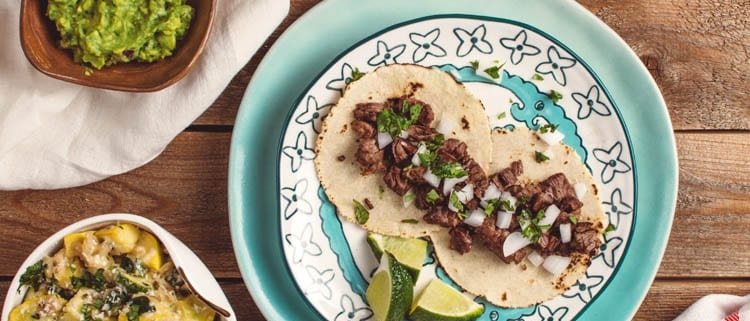

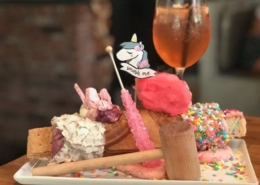


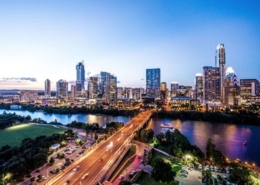

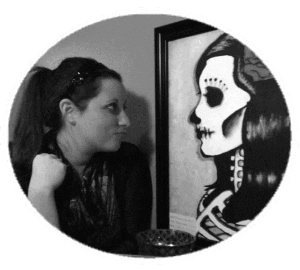


You lost me when you said that you believe the Westword has high standards.
I would have assumed so too and written it off as a fluff alternative weekly that’s heavily focused on pot. Sit through one of our meeting though and you’ll see they don’t take any sort of criticism lightly.